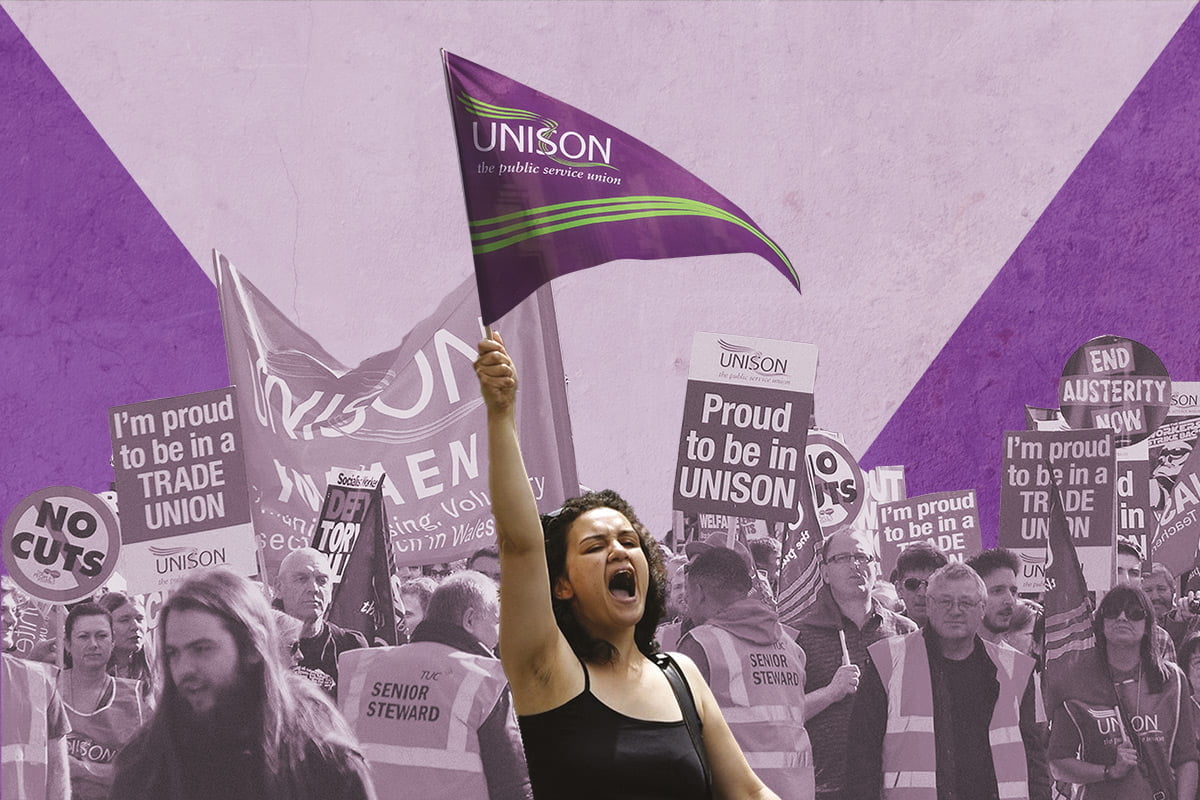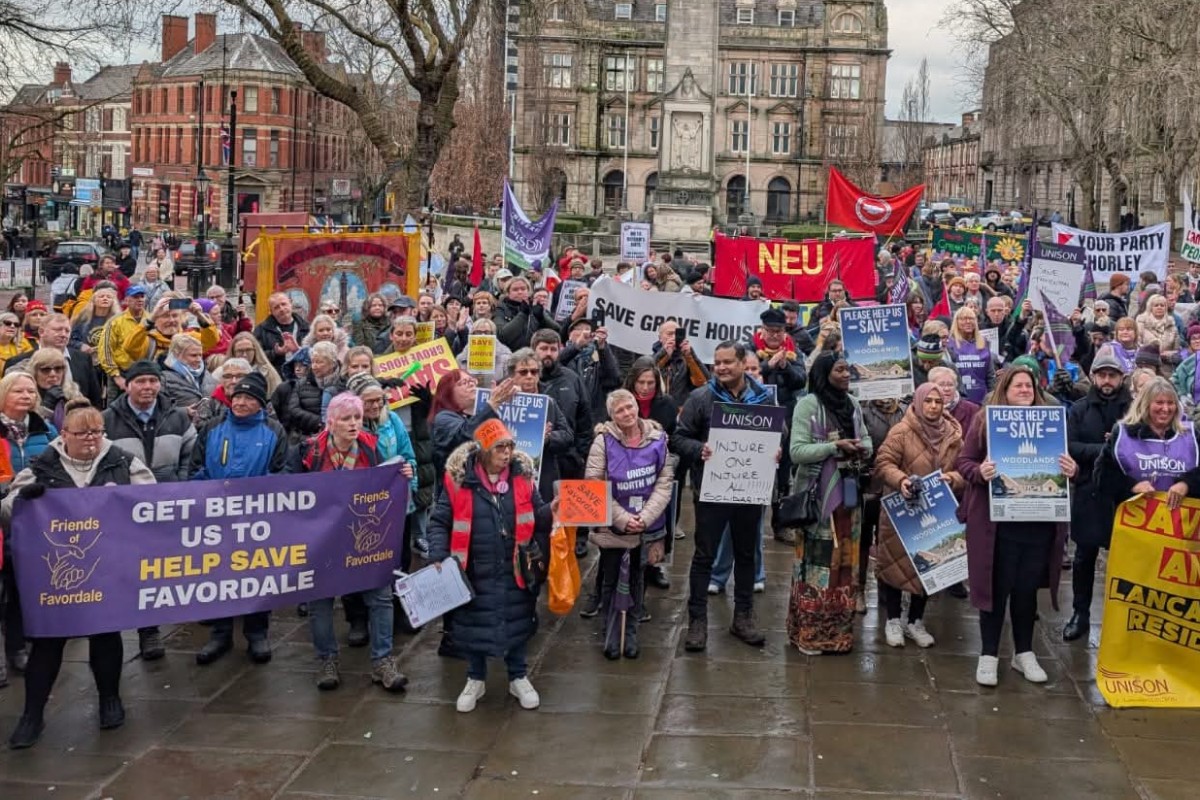Unison’s National Delegate Conference (NDC), taking place in Liverpool this week from 13-16 June, comes at a time of heightened class struggle.
For almost a full year, Britain has been continuously gripped by a strike wave of historic proportions. Civil servants, refuse workers, junior doctors, and train crews, amongst others, have all taken action to defend themselves against the cost-of-living crisis and the menace of inflation.
While some battles – such as those in the NHS – have partially wound down, other layers of workers are only just beginning to enter the fray.
Workers everywhere are drawing more and more radical conclusions. Crucially, through striking, they are also gaining confidence and learning of their own strength and power.
In such circumstances, Unison cannot continue dragging its feet. The need for bold, fighting leadership has never been more apparent.
Strike-averse
Aside from sectors such as higher education, and some NHS trusts where members managed to overcome anti-union turnout thresholds for strike ballots, Unison has mostly been notable by its absence when it comes to the last year of action.
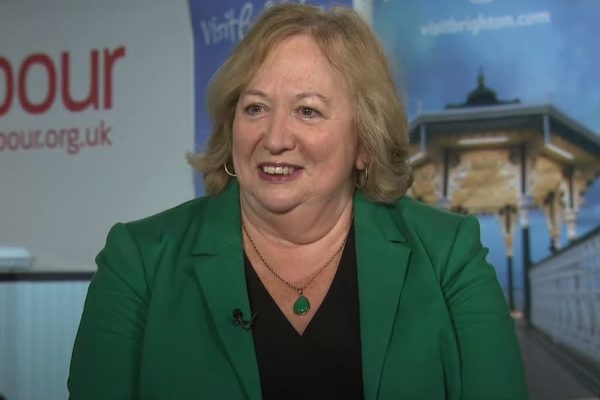
This is not because Unison’s members are unwilling to fight, but because the union’s bureaucracy has a long history of doing everything it can to avoid calling strikes.
Bureaucratic union leaders and officials desire stability and peace above everything else. They want to enjoy their perks and privileges, not get their hands dirty by organising and mobilising workers. Above all, they desire a tranquil coexistence with the employers, i.e. class collaboration, not disruptive strikes.
As such, ballot requests are often met with a-thousand-and-one delays, with the Tories’ anti-union laws often held up as an excuse as to why a strike vote ‘can’t be won’, and therefore shouldn’t even be attempted.
Many members have stories of how they have endured months of silence from Unison HQ, even after their branch has run a ballot, for example, only to be told to run it again, as the bureaucracy thought it necessary “to be sure the mood for strike action is still there”.
Pressure from below
The bureaucracy clearly has no intention of waging a serious struggle – let alone taking a lead and coordinating action against the Tories. At the same time, they are not completely in control of the situation.
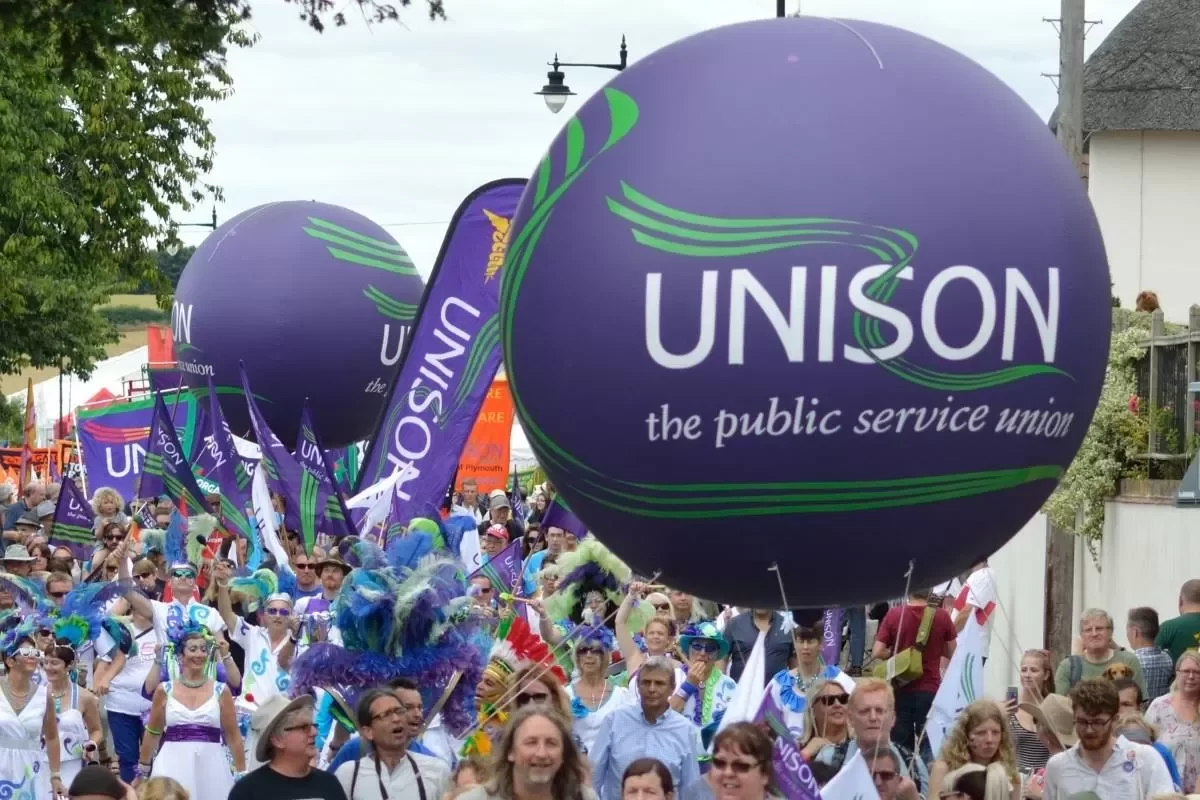
Workers – including Unison members – are being roused to action across the board. They don’t want excuses. They want action.
The pressure on the union’s leaders to actually organise and fight is building. This explains their sudden turn towards calling strike ballots in local government, for example, where the bulk of Unison’s members are found.
The bureaucracy’s appetite for militant action hasn’t grown. But they realise that if they are unable to provide anything for members during the cost-of-living crisis, they run the risk of being replaced. As such, against their will, they’re being forced to move.
Transform the union
This pressure must now be massively ramped up – at conference, and throughout the union.
Sellouts or attacks on other unions must be stopped. This includes, respectively, the rotten NHS pay deal that Unison has signed members in healthcare up to, and our union’s shameful treatment of the NEU over the question of organising support staff in schools.
In this context, the recent results of Unison’s national executive council (NEC) elections are significant.
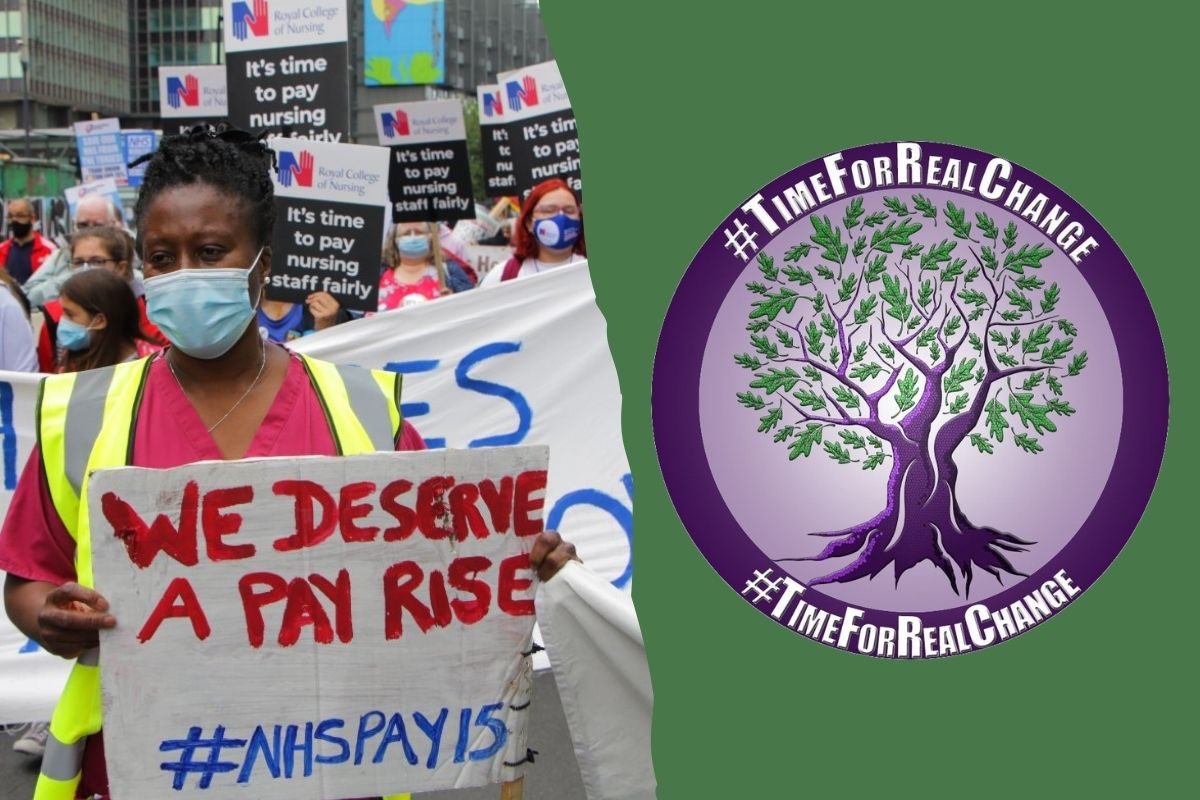
After being subject to a mountain of slander and obstruction over the last two years, the left-wing grouping organised around Time for Real Change (TFRC) has lost outright control of the NEC.
The right have failed to gain a majority, however, leaving the union’s ruling body in limbo.
When examined, these results present something of a mixed picture. TFRC gained seats in the health sector, for instance, reflecting members’ anger over the union’s role in the recent NHS pay deal debacle. The left slate was defeated elsewhere, however, such as in the London region.
It should also be noted that TFRC could have gained more seats – and perhaps even a narrow majority – had the Socialist Party not stood their own candidates in several key areas. Once again, we see the pernicious impact of sectarianism.
To recover and go on the counterattack, the left must learn the lessons of the last two years. Real change can’t be brought about through backroom faction fights, legal challenges, or clever interpretations of the rulebook.
Instead, grassroots members must be mobilised and brought into the struggle to transform Unison into a fighting, militant, democratic union.
Programme and leadership
Above all, members will fight if they think there’s something real to fight for.
A clear socialist programme – reversing all cuts and privatisation; expropriating the super-rich to properly fund public services; and putting workers in control across the sector – would galvanise members to join the struggle, both inside the union and against the employer.
Our union, with well over a million members, is a sleeping giant. If Unison were to rise up and flex its muscles, this would encourage workers across Britain to take on the Tories and the employers, and provide a massive boost to the strength of the trade union movement.
This is the task facing Unison activists, at this year’s conference and beyond. We must fight to build the bold leadership that our members – and our class – deserves.

